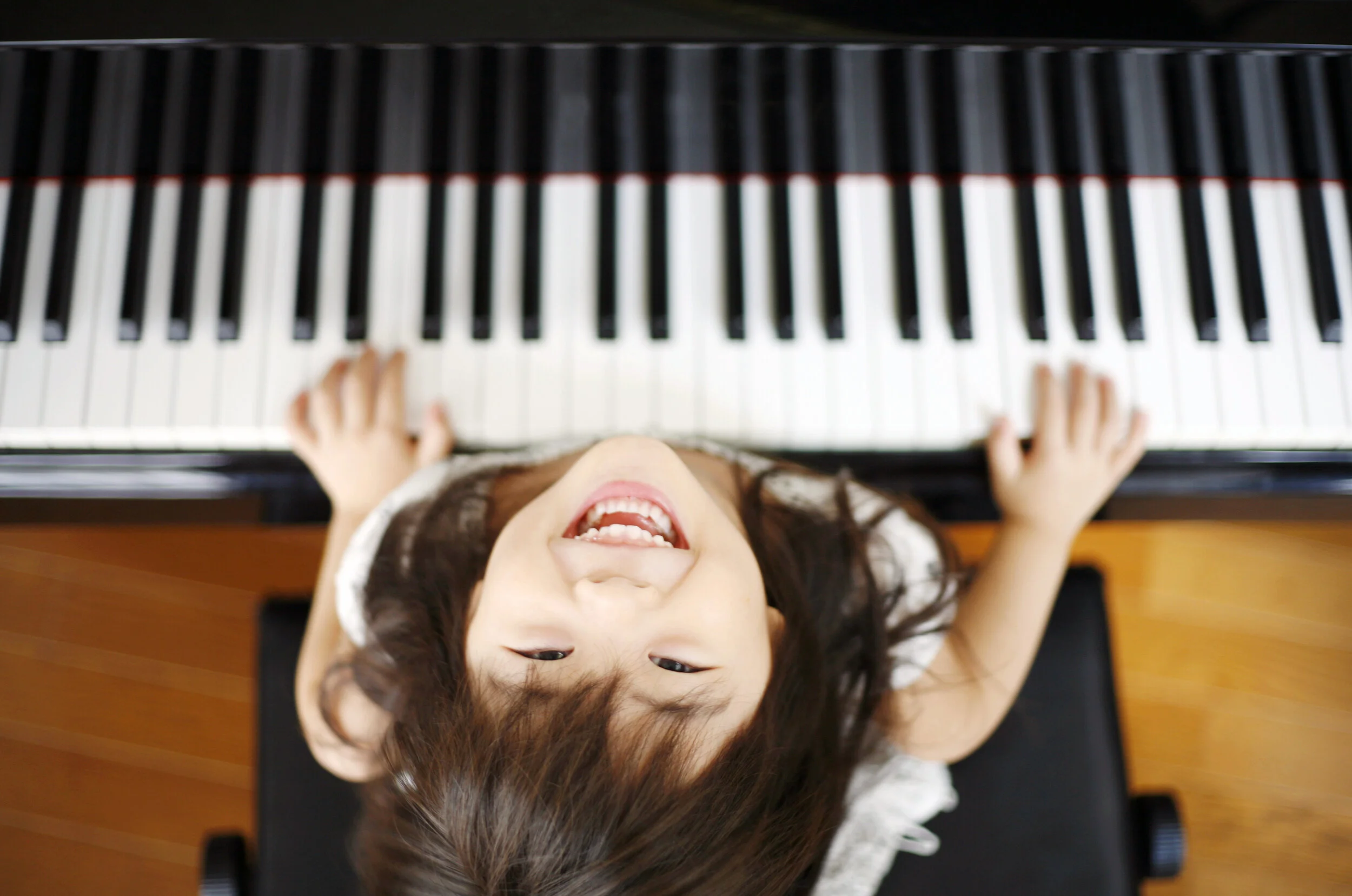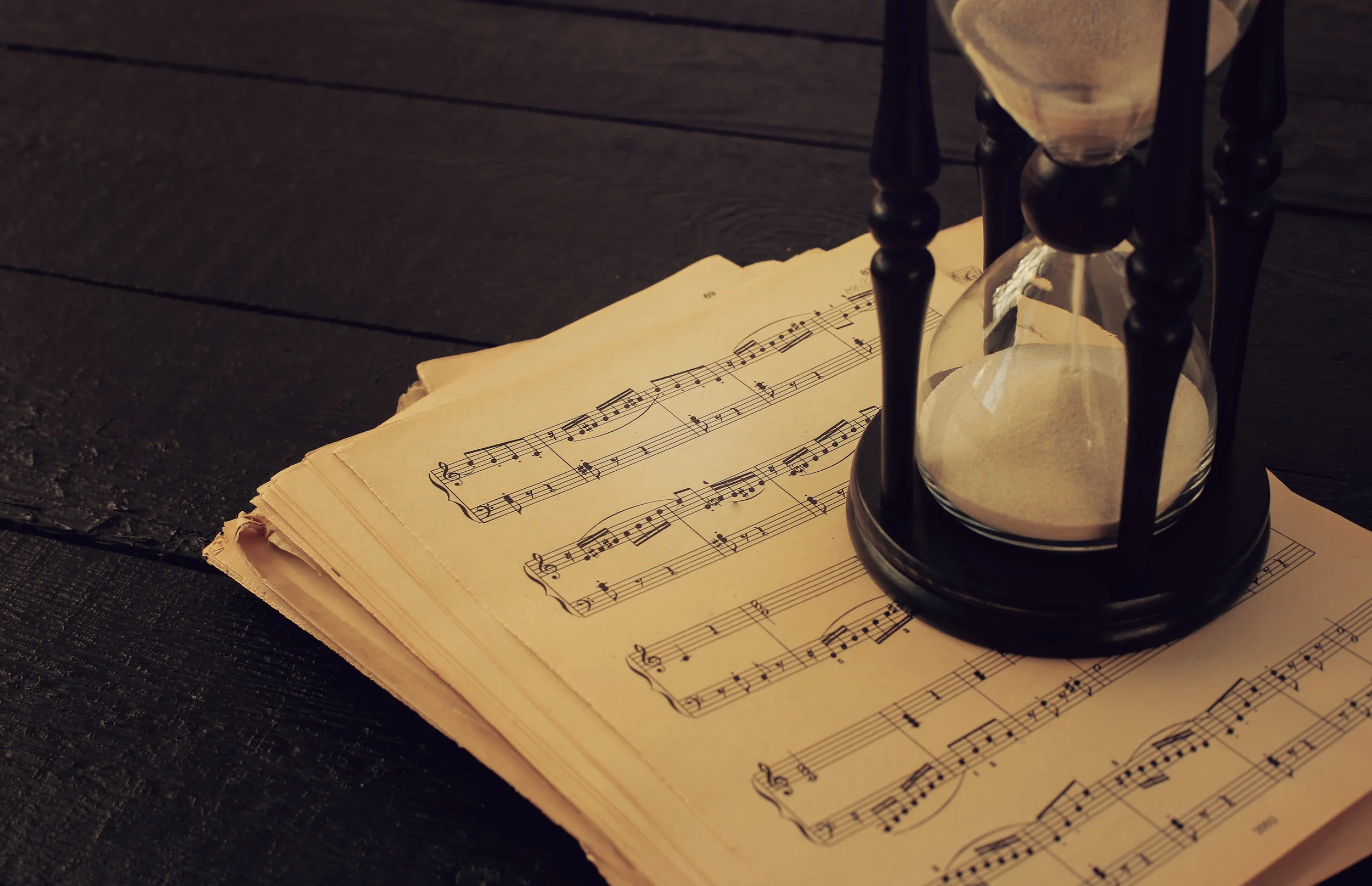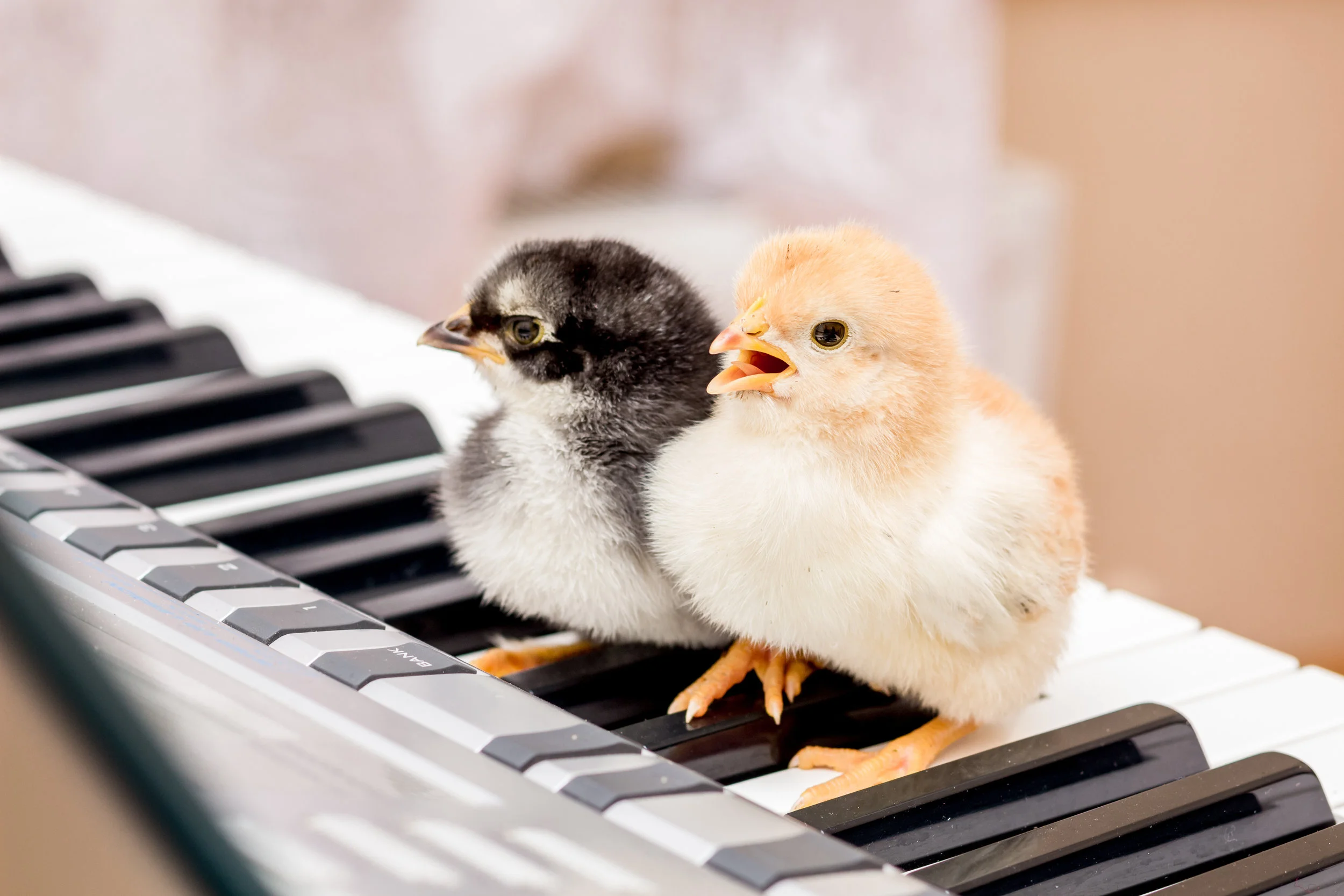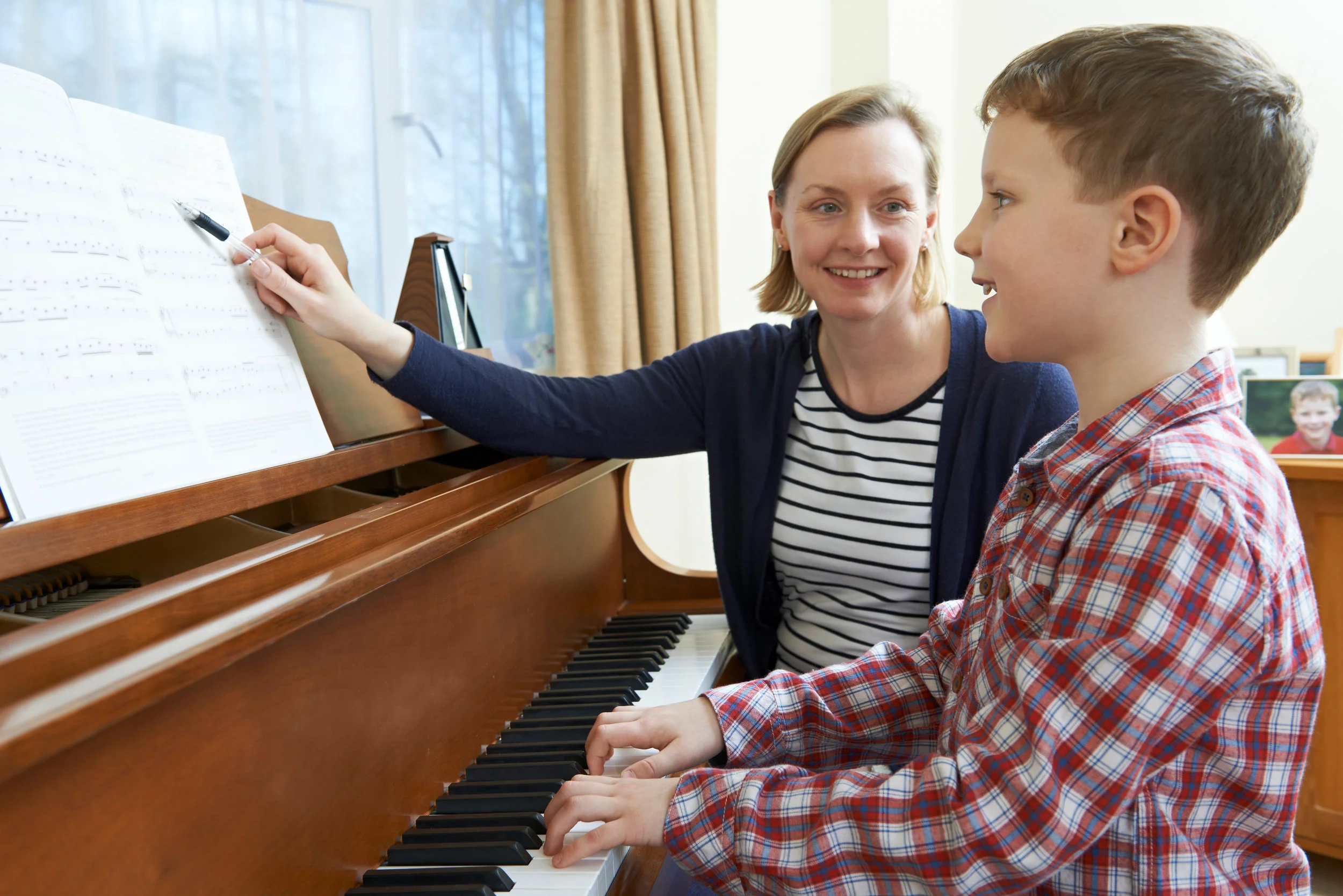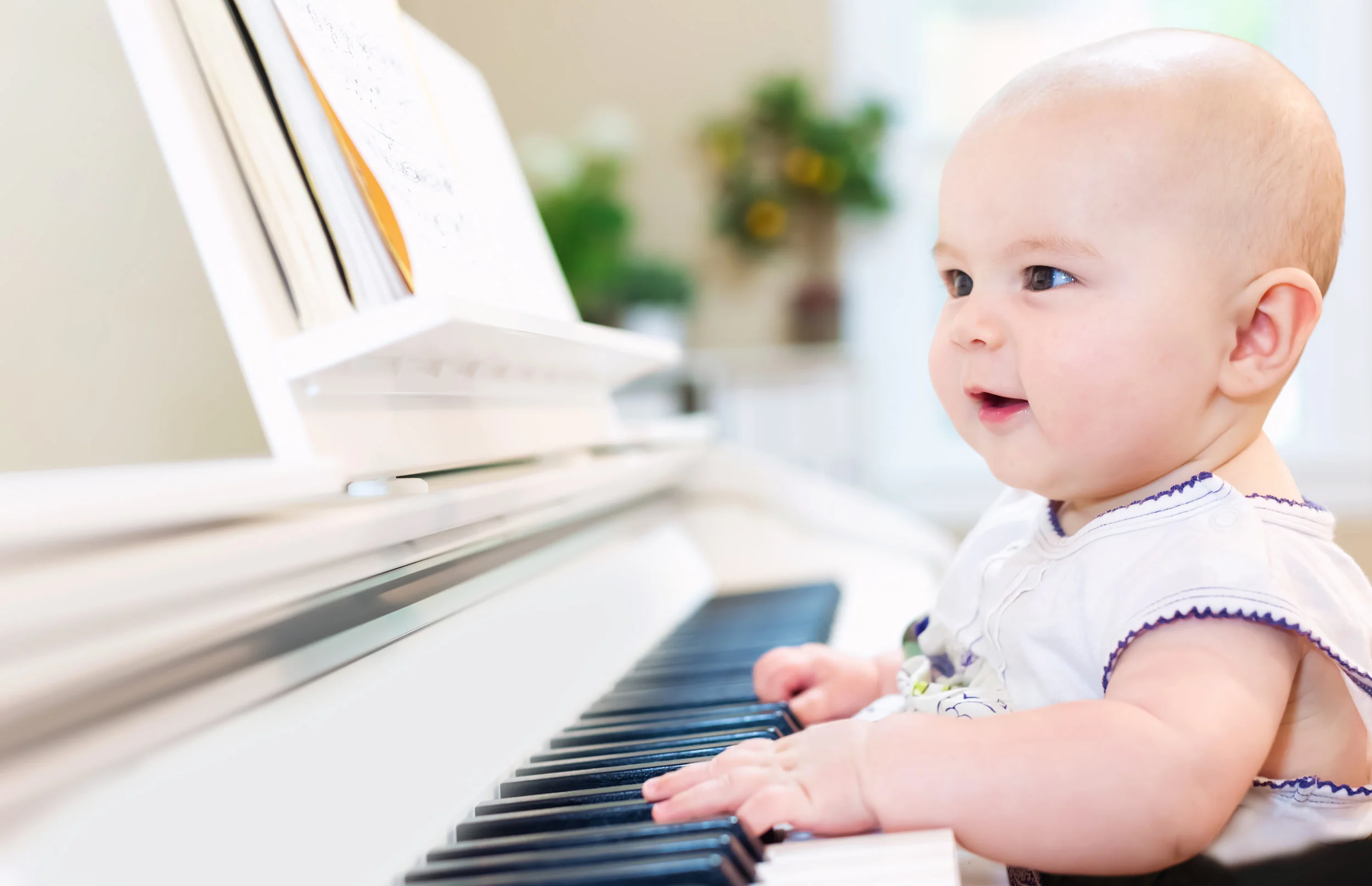Musical Musings
Marie’s thoughts on teaching music and more.
Short answer…Used (with one exception).
Long answer...There are two basic types of pianos, acoustic, and electronic (Digital) and lots of models of each. Both are often for sale on Craigslist. The hybrid, as the name suggests is a combination of both and is the only one I recommend buying new.
I had a four year old student who was intrigued by the piano but unable to allow himself to speak to me directly. At first, he talked softly into his beany baby bunny’s ear, asking things like, “Do you like the piano?” or “Can you see the black notes?” The bunny in turn, mostly squealed and either nodded or shook his/her head from side to vigorously. A definite “No”
I never needed any prompting from my parents to practice the piano. I couldn’t wait to get my fingers on the keyboard and work my lessons. This put me at a disadvantage as a teacher, however. I was quite surprised to find that self-motivated students are in the minority and for a while, I was at a loss as to what to do for those who weren’t. After all, I couldn’t draw from my own experience.
Just like my mother’s child, your child is enraptured by music and has been singing since he/she was a baby. Everyone says he/she is remarkable. “That child should have lessons,” they say, sagely. But in most cases, it’s not a good idea. Why? Because in small children, the larynx is small and particularly vulnerable to injury before puberty. There are exceptions.
The brain works most efficiently with prescribed rest between session. So unless your child is a professional pianist, please don’t let them work more than 3 days in a row unless they are preparing for a recital or other performance.
Robert, a very bright boy, was excelling under another teacher’s tutelage at both his piano and violin lessons. Since he also enjoyed singing in his school chorus, his mother thought it might be good to bring him to me to start singing lessons before puberty. “He has the voice of an angel,” she proclaimed as she introduced us.
Maybe you just want to expose your child to the joys of the piano, or perhaps you have noticed your child has a musical affinity, maybe even a draw to the piano itself. You realize your child is ready for lessons — now, who should teach them?
I have seen some remarkably gifted musical children in the course of my teaching career. I think of Thomas, who, one day after learning to pick out the melody for “Twinkle, Twinkle Little Star,” was able to play a majestic rendition of Bach’s Toccata and Fugue in D minor with both hands.



